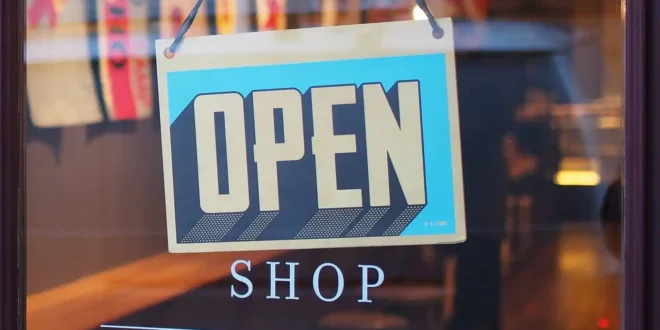In today’s complex and fast-paced financial landscape, individuals often find themselves in situations requiring quick access to cash. Whether it’s unexpected medical bills, a sudden car repair, or needing extra funds to cover day-to-day expenses, immediate liquidity is a common challenge many face. In such circumstances, pawn shops open to offer a unique and practical solution to address these financial needs. This article explores the purpose of pawn shops, shedding light on their essential role in the modern economy.
Collateral-Based Loans
One of the primary purposes of pawn shops is to provide collateral-based loans. This means that individuals can bring valuable items, such as jewelry, electronics, or collectibles, and use them as collateral to secure a loan. The pawnbroker assesses the item’s value and offers a loan amount based on its worth. The borrower then has a set period, typically around 30 days, to repay the loan and any accrued interest. Upon full loan repayment, the borrower is entitled to reclaim their collateral.
Immediate Financial Relief
Pawn shops offer immediate financial relief to individuals who may not have access to traditional banking services or need funds faster than a traditional loan application process allows. This quick access to cash can be crucial in emergencies, allowing people to cover essential expenses without the lengthy approval processes and credit checks associated with traditional loans.
No Credit Checks
Unlike conventional lenders, pawn shops do not require borrowers to undergo credit checks. This aspect makes pawn shops especially valuable to those with less-than-perfect credit scores or individuals who still need to establish credit histories. The decision to grant a pawn loan is solely based on the collateral’s value, making it an inclusive financial option for many individuals.
Preserving Valuables
Another vital purpose of pawn shops is to safeguard valuable possessions. Instead of selling cherished items in financial distress, individuals can temporarily part with them as collateral to secure a loan. This allows them to retain ownership of sentimental or valuable items while addressing their immediate financial needs.
Supporting Small Business Owners
Pawn shops are often small, locally-owned businesses that contribute to the economic fabric of their communities. These businesses provide employment opportunities and contribute to the local tax base, which supports essential public services. In this way, pawn shops play a role in stimulating local economies and fostering community resilience.
A Sustainable Option
Pawn shops offer some individuals a sustainable financial alternative to high-interest payday loans or predatory lending practices. The transparent and regulated nature of pawn transactions ensures borrowers understand the terms and costs of their loans. This level of transparency helps protect borrowers from falling into cycles of debt.
The Thriving Secondhand Market
Pawn shops also contribute to the thriving secondhand market by selling various items at affordable prices. Shoppers can find quality pre-owned goods at a fraction of the retail price, ranging from electronics and tools to jewelry and musical instruments. This affordability can be a lifeline for budget-conscious consumers seeking high-quality items without breaking the bank.
Conclusion
Pawn shops are open to serve as a financial lifeline for individuals facing unexpected expenses or seeking immediate access to cash. With their collateral-based loan system, no credit checks, and a commitment to preserving valuable possessions, pawn shops offer a practical and inclusive solution to a diverse range of financial needs. These establishments support small business owners, stimulate local economies, and provide a sustainable alternative to predatory lending practices. Pawn shops are a valuable resource in today’s financial landscape by offering a safety net for individuals from all walks of life.
Did you find this article helpful? If so, check out the rest of our site for more informative content.
 SlushWeb Bringing Facts to Light
SlushWeb Bringing Facts to Light



